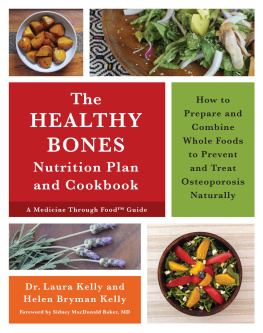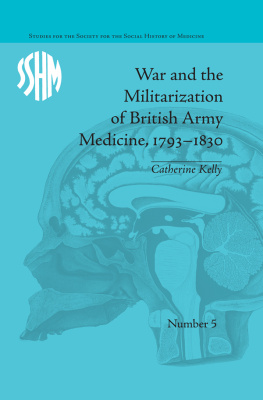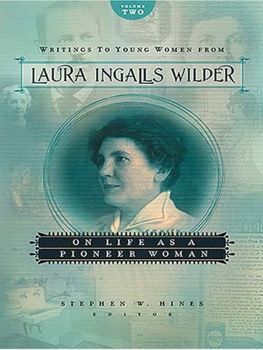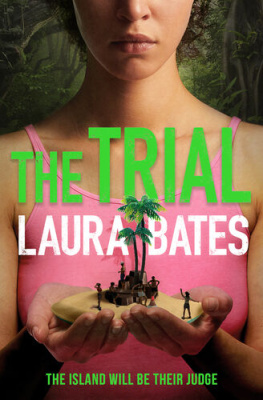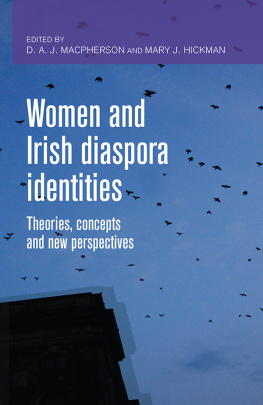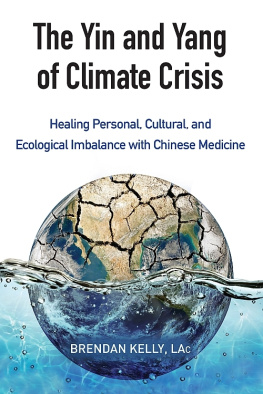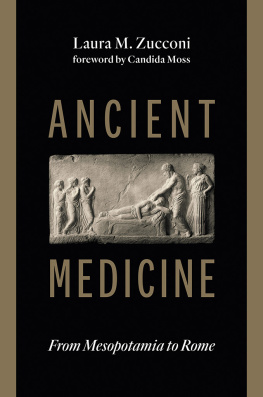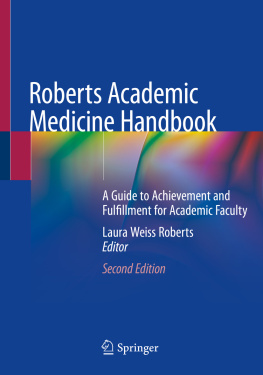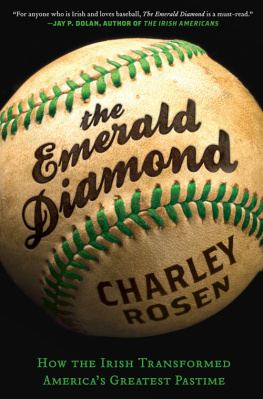Copyright Laura Kelly 2012
The right of Laura Kelly to be identified as the author of this work has been asserted
by her in accordance with the Copyright, Designs and Patents Act 1988.
Published by Manchester University Press
Oxford Road, Manchester M13 9NR, UK
and Room 400, 175 Fifth Avenue, New York, NY 10010, USA
www.manchesteruniversitypress.co.uk
Distributed in the United States exclusively by
Palgrave Macmillan, 175 Fifth Avenue, New York,
NY 10010, USA
Distributed in Canada exclusively by
UBC Press, University of British Columbia, 2029 West Mall,
Vancouver, BC, Canada V6T 1Z2
British Library Cataloguing-in-Publication Data
A catalogue record for this book is available from the British Library
Library of Congress Cataloging-in-Publication Data applied for
ISBN 978 0 7190 8835 3 hardback
First published 2012
The publisher has no responsibility for the persistence or accuracy of URLs for any external or third-party internet websites referred to in this book, and does not guarantee that any content on such websites is, or will remain, accurate or appropriate.
Typeset in Warnock Pro by R. J. Footring Ltd, Derby
T HIS BOOK is based on my doctoral thesis which I undertook under the supervision of Dr Aileen Fyfe at NUI Galway from 2007 to 2010. My greatest debt of thanks therefore is to Aileen for her unending support and encouragement. Without her, this book would not have been possible.
I am thankful to several archivists and librarians who helped me with my research. My utmost thanks are to Robert Mills, librarian at the Royal College of Physicians, who was always accommodating with research visits and extremely helpful in answering the many queries I had relating to the KQCPI. Thanks are also due to Harriet Wheelock, archivist at the Royal College of Physicians, who alerted me to several other useful sources and photographs. I am grateful also to Mary ODoherty, archivist at the Royal College of Surgeons, who was similarly accommodating and helpful. Mary also alerted me to the Medical Students Register, which proved vital in tracing students who had not attended the Queens Colleges, for which I am very grateful. Thanks also to the other archivists and librarians I encountered during my many research trips, in particular, Professor Richard Clarke (Royal Victoria Hospital), John Foley (NUI Archives), Dr Kieran Hoare (NUI Galway Special Collections), Ursula Mitchell (QUB Special Collections), Estelle Gittins (Manuscripts Department of TCD), Catriona Mulcahy (UCC University Archives), Victoria Rea (Royal Free Hospital Archives) and the staff of the Presbyterian Womens Association in Belfast. A special thanks to Professor Seamus MacMathuna, the registrar of NUI Galway, who gave me access to the matriculation albums of Queens College Galway and who was very generous in answering my queries.
I am thankful also to the staff at Manchester University Press for their advice during the publication process. I would also like to thank Ralph Footring for his excellent and most appreciated work in copy-editing this book. Acknowledgement is also owed to the journals Womens History Review and Medical History, which gave me permission to reprint material from them.
I am very grateful to the relatives of the women doctors who were the focus of . In particular, I owe a huge debt of thanks to Niall Martin, whose grandmother Emily Winifred Dickson was one of the first Irish women doctors and an important focus of this book. Niall was extremely generous in allowing me access to his collection of papers and photographs relating to his grandmother and he and his wife Jenny were very hospitable to me when I visited Edinburgh. Niall and his family were also very patient in answering my many email queries. I would also like to thank Mary Mullaney, who kindly agreed to an oral history interview about her mother, Dr Mary McGivern, and who was very hospitable when I went to Sligo to visit her. Thank you also to Dr Maura Dowling, who kindly lent me the equipment to record the interview. I am thankful to Brian OConnor also, who sent me an article written by his mother, Dr Jane D. Fulton, and who answered many email queries I sent him.
Thank you also to the many correspondents who replied to my requests for information in the Irish press, in particular, Brian McEnroy, who spoke to me about his aunt, Margaret, Dr Sheena Scanlon, who spoke to me about her experiences as a female doctor from the 1950s on, Joyce Darling, who wrote to me about her mother, Olive Pedlow, and Dr Joe Conway, who wrote to me about his mother, Dr Josephine Benedicte Conway. I am grateful to Professor Barbara Wright, who sent me information relating to her mother, Dr Rosaleen Hoskin. Thank you also to Professor Leslie Clarkson, who took the time to send me information to aid my research.
I also greatly appreciate the comments of Professor Greta Jones and Professor Gearoid OTuathaigh, who examined my thesis. Both offered extremely helpful ideas which have aided the development of the thesis to book. I also very much appreciate the comments and feedback of the two anonymous referees, which have greatly improved the book.
I was very fortunate to hold an Irish Research Council for the Humanities and Social Sciences postgraduate fellowship from 2008 to 2010, which allowed me to undertake the research upon which this book is based. I am grateful also to the Department of History of NUI Galway, which provided me with a fellowship in the first year of my PhD study, and to the Arts Faculty, for two travel grants. I am also thankful to the Wellcome Trust for a travel expenses grant which supported research trips in my first year of study.
I am grateful also to many mentors over the years. Professor Steven Ellis, head of the History Department at NUI Galway, really sparked my interest in history during my undergraduate degree and has always been helpful and generous with his time and advice. I am grateful also to Dr Enda Leaney, who really got me interested in the history of science and medicine when I took his courses as an undergraduate. I am thankful to Professor Marguerite Dupree, who supervised my masters dissertation at the University of Glasgow and who encouraged my interest in the history of medicine, medical education and students. I am grateful to colleagues at the Centre for the History of Science, Technology and Medicine at the University of Manchester who provided me with useful feedback on my work while I was a visiting student at the Centre in 2009, in particular, Dr Ian Burney, Dr Michael Brown, Professor John Pickstone and Professor Michael Worboys. Thanks also to my colleagues at the Department of History, NUI Galway, and to many friends in the history of medicine community for support and advice.
I am grateful to my friends who supported me throughout the writing of the thesis and book, in particular, Sarah, Sarah, Maeve, Lucy, Claire and Kate. A special thanks are also due to Jack Nea for his love, support and many fun times during the writing of the thesis and book.




